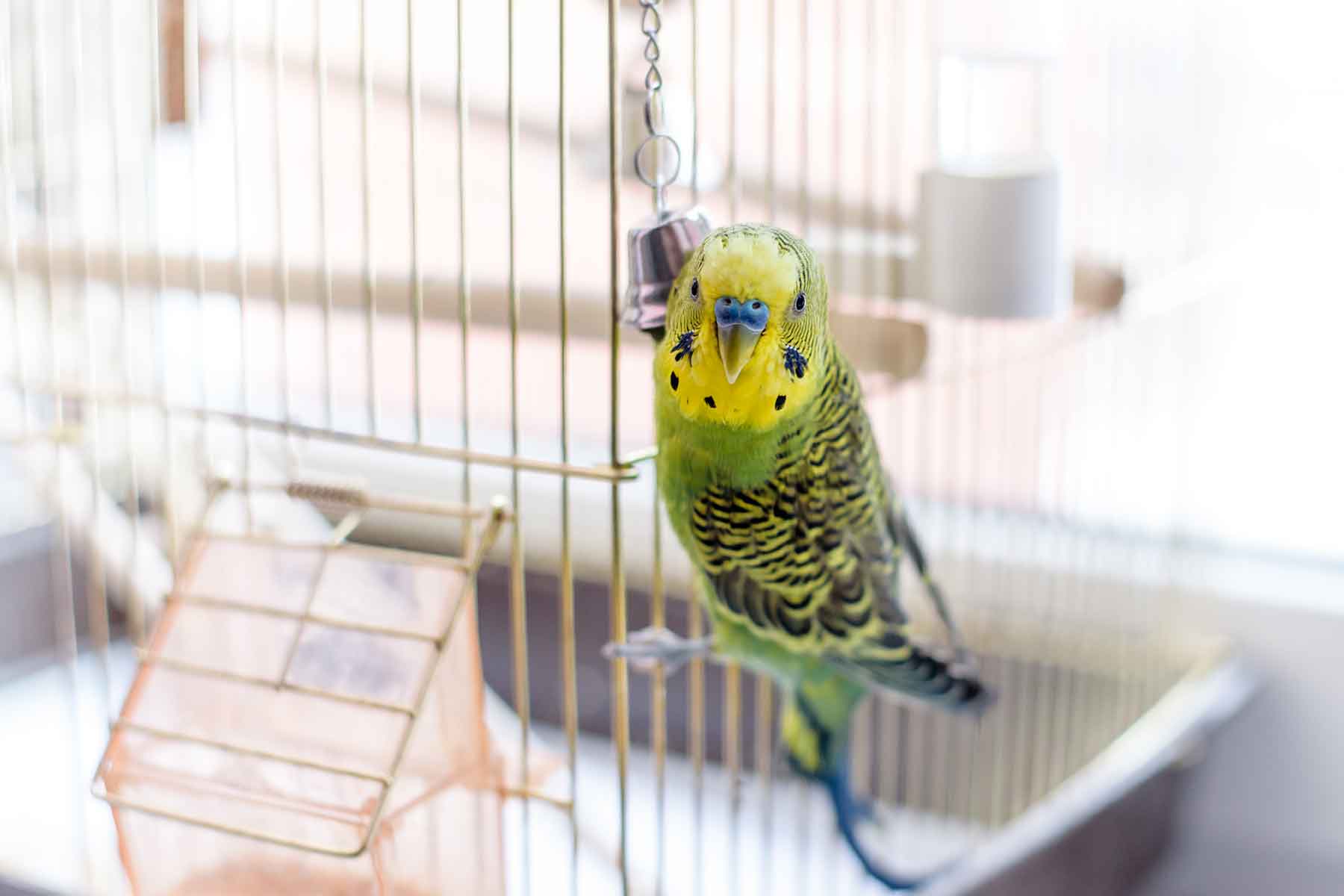Before you even get your new puppy or dog home there is a good chance that they may have worms. Worms can have a serious health effect on puppies, so intestinal worming should never be overlooked. As a rule, all puppies need to be wormed every two weeks until 12 weeks of age, then every month until 6 months of age. After six months of age an adult dog needs to be wormed every 3 months.
There are a number of intestinal worms that just love to live inside a dog’s tummy. Unfortunately they can be transferred to other family members, including children. Following the intestinal worming care plan outlined above will help control worms in your puppy or dog and also help to protect the entire family.
How does a dog get worms?
There are many routes to infection including:-
- Drinking contaminated water
- Contact with other infected animals
- Contact with other infected animal faeces
- From an infected nursing mother (nursing puppies)
- Swallowing fleas carrying the infective stage of tapeworms
- Eating meat (such as a rodent) that is carrying a parasite.
Can you tell if your pet has worms?
Most worms are identified by the presence of their eggs in a dog’s faeces. These eggs are very small and are difficult to identify by eye.
Tapeworms and Roundworms are two of the few that can be seen by eye. Tapeworms look like small pieces of rice and can be found in the faeces or around the tail and rear area, sometimes clinging to hair. For this reason you may see your dog scoot his rear across the ground as the worms can be irritating.
Roundworms are long white worms that look like noodles or spaghetti. Occasionally puppies may vomit these up or they can also be seen in faeces.
Common intestinal worms
Hookworm

About Hookworm
Hookworms attach to a dog’s intestinal lining, cutting into the lining and feeding on the blood and fluid released. Bloody diarrhoea is a common sign. Puppies can also develop anaemia and in severe cases their illness can be fatal. Hookworms are picked up from the environment and passed through the faeces of infected dogs.
A family note on hookworms
Larvae can be swallowed or can penetrate the skin in humans.
Roundworm

About Roundworm
Most puppies are born with roundworm infections acquired before birth. Warning signs include diarrhoea, vomiting, poor growth and a ‘pot belly’ appearance. Dogs can also become infected by eating soil contaminated with roundworm eggs or eating other hosts such as mice or birds.
A family note on roundworms
Roundworm is the most common worm passed on to humans
Tapeworm

About Tapeworm
Tapeworms live in the small intestine. They can cause irritation around the anal region causing dogs to ‘scoot’ along the ground. Tapeworm segments look like grains of rice in a dog’s faeces. There are two forms of tapeworm. Fleas carry one type called flea tapeworm. The other is called hydatid tapeworm. This kind of tapeworm is a risk in dogs such as hunting or farm dogs that eat the uncooked offal of sheep, kangaroo or other native or feral mammals.
A family note on Tapeworm
Tapeworm can pose a serious risk to humans.
Whipworm

About Whipworm
Whipworms are one of the most common causes of diarrhoea in adult dogs and can affect puppies too. Whipworm eggs can survive in the environment for up to five years. They are picked up from the soil and passed through the faeces of infected dogs.
A family note on Whipworms
What do I do if my dog has worms? How do I prevent worms?
Worming treatments do not prevent worms, they only kill worms. So it’s important to deworm regularly.
Depending on the intestinal worming product you use as a rule all puppies need to be wormed every two weeks until 12 weeks of age, then every month until 6 months of age. After six months of age an adult dog needs to be wormed every 3 months. If you have any doubt about worming your pet, please contact us for instructions. There are a number of products on the market, some of which are inferior and we would prefer your pet receives the correct and safe dose. Unless you are using the correct product for your pet and situation you may not only be wasting your money, but also risking the health of your pet.
If you suspect your dog has worms, then it is best to contact your local vet for treatment and guidance on the problem.
Total Wellness Plan
Enjoy greater convenience and peace of mind with the Total Wellness Plan. Prevention is key when it comes to managing worms and parasites and as part of our annual healthcare plan you will receive monthly parasite control delivered direct to your door, so that you can take care of those pesky intestinal worms, heartworm and fleas without missing a dose. You will also receive annual vaccinations, unlimited consultations* and more – join the Total Wellness Plan today.
*For Classic plan members only.
If you have a cat, find out more about cats and intestinal worms.











